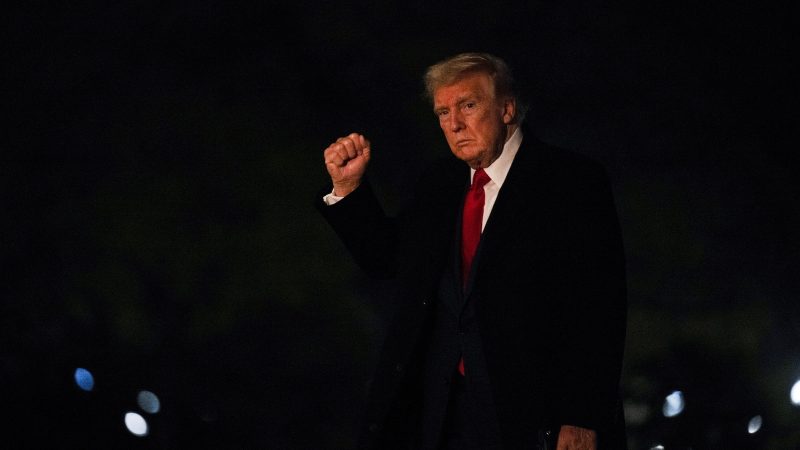
President Donald Trump hosted El Salvador’s President Nayib Bukele at the White House on Monday for a bilateral meeting. This meeting comes as the second Trump administration continues its strict stance on immigration, with El Salvador playing a significant role in the process.
Trump praised Bukele’s efforts, stating that he is “doing a fantastic job” and addressing “a lot of problems that we have that we really wouldn’t be able to take care of from a cost standpoint.” A key aspect of this partnership involves El Salvador’s acceptance of hundreds of alleged gang members deported from the United States. Many of these individuals are housed in the country’s high-security Terrorism Confinement Center, a maximum-security facility designed for El Salvador’s most dangerous criminals.
The White House indicated that the meeting would focus on strengthening the partnership between the two countries, particularly in combating transnational gangs like MS-13 and the Venezuelan gang Tren de Aragua. Trump highlighted the serious nature of the individuals incarcerated, referring to them as “some of the worst people on Earth.” This collaboration underscores the Trump administration’s strategy of leveraging international partnerships to manage immigration and address gang-related crime.
However, this partnership has faced criticism. The case of Kilmar Abrego Garcia, a Maryland man deported due to an administrative error and now held in the El Salvadoran prison, highlights concerns about the potential for mistakes within the deportation process and the conditions within the Terrorism Confinement Center. The Department of Justice has defended the administration’s actions, asserting that federal courts lack the authority to interfere with executive branch foreign relations.
The meeting between Trump and Bukele is likely to further solidify the existing cooperation between the two nations on immigration issues. However, the ongoing debate surrounding due process and human rights within the context of this collaboration remains a significant point of contention.









